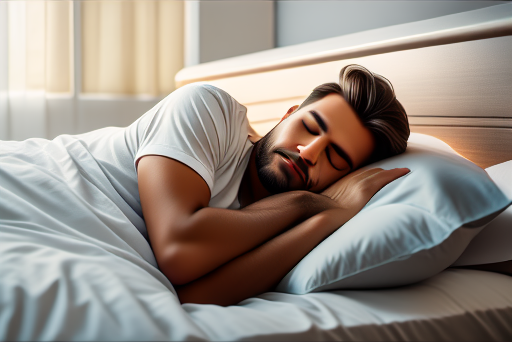Sleep is a fundamental human need, yet modern lifestyles often compromise its quality and duration. Two primary culprits hindering sleep are staying active in your “mental chat room” before bed and using smartphones or other electronic devices at night. Research indicates that 80% of Americans sleep with their phones in the bedroom, a habit that disrupts sleep cycles. Ideally, phones should be kept out of the bedroom, even for those on call; placing them in the hallway is a better alternative.

The Role of the Pineal Gland and Hormones
The pineal gland, a small, pea-shaped gland at the base of the brain, releases four key hormones at night: serotonin, melatonin, arginine vasotocin, and epithalamin. These hormones regulate mood, sleep cycles, pain relief, and cognitive health.
- Serotonin: Often referred to as the “mood hormone,” serotonin elevates mood.. Its production peaks with a healthy sleep routine. Going to bed late diminishes serotonin levels, leading to mood swings and irritability.
- Melatonin: Often called the “fix and rejuvenate” hormone, melatonin supports the circadian rhythm and ensures restorative sleep. Melatonin production is heavily influenced by light exposure, especially blue light from screens.
- Arginine Vasotocin: This hormone reduces pain and promotes deep sleep, allowing the body to relax and recover.
- Epithalamin: It enhances learning capacity, slows aging, and contributes to brain health.
The Importance of Circadian Rhythms
Circadian rhythms are biological cycles regulated by light and darkness. They dictate when the pineal gland releases its hormones. For optimal sleep, these rhythms must remain undisturbed. Modern habits like using screens before bed interfere with this process, as blue light mimics daylight and suppresses melatonin production.
Impact of Sleep Deprivation
Chronic sleep deprivation has serious consequences. Studies show that 10 consecutive nights of six-hour sleep doubles the risk of mental health issues. Despite feeling “okay,” individuals often fail to recognize their reduced cognitive and emotional functioning. Dr. Matthew Walker warns that insomnia can lead to cognitive decline and even dementia.
Sleep in Historical Context
Before the advent of electricity, humans followed the sun’s natural rhythm, going to bed at sunset and waking at sunrise. Activities after dark were minimal, often conducted by candlelight. This alignment with nature fostered healthy sleep patterns. Today, constant exposure to artificial light disrupts this natural balance.
How Sleep Works
Sleep comprises two main stages:
- Non-Rapid Eye Movement (NREM): This phase allows the body to repair tissues, regrow muscles, and consolidate daytime memories into long-term storage.
- Rapid Eye Movement (REM): During REM, the brain processes emotions, repairs damage, and enhances memory. Dreams occur in this stage.
These stages cycle every 90–120 minutes throughout the night, with each cycle crucial for overall health and well-being.
Tips for Improving Sleep Quality
Barbara O’Neal, a sleep expert, emphasizes the importance of holistic practices for better sleep:
- Limit Screen Time: Avoid screens 1–2 hours before bed to prevent blue light from disrupting melatonin production.
- Maintain a Consistent Routine: Aim for eight hours of sleep each night, going to bed and waking up at the same time daily.
- Exercise Regularly: Physical activity during the day supports restful sleep, though avoid vigorous exercise before bedtime.
- Follow a Balanced Diet: Consume high-fiber foods, healthy fats, and proteins. Avoid caffeine and sugar in the evening, as they interfere with sleep.
- Make Your Bedroom Sleep-Friendly: Keep it quiet, cool, and dark. Make use of bedding that breathes and let fresh air flow.
- Manage Stress and Anxiety: Engage in relaxing activities like reading or practicing gratitude. Breathing exercises and lavender-infused baths can also help.
- Expose Yourself to Natural Light: Sunlight exposure, particularly in the morning, helps regulate the circadian rhythm.
Natural Remedies

Barbara O’Neal advocates natural solutions over reliance on sleeping pills:
- Wild Yam Cream: Helps balance hormones.
- Valerian Root: A natural remedy for inducing sleep.
- Deep Breathing Techniques: Aids relaxation by slowing the heart rate and calming the mind.
The Cost of Poor Sleep
Sleep deprivation is more than an inconvenience—it poses serious health risks, including memory loss, weakened immunity, and emotional instability. By adopting better sleep hygiene, reducing blue light exposure, and following a structured routine, you can ensure a restful night’s sleep and overall well-being.
This version is concise, structured, and easier to follow while retaining the key information.
